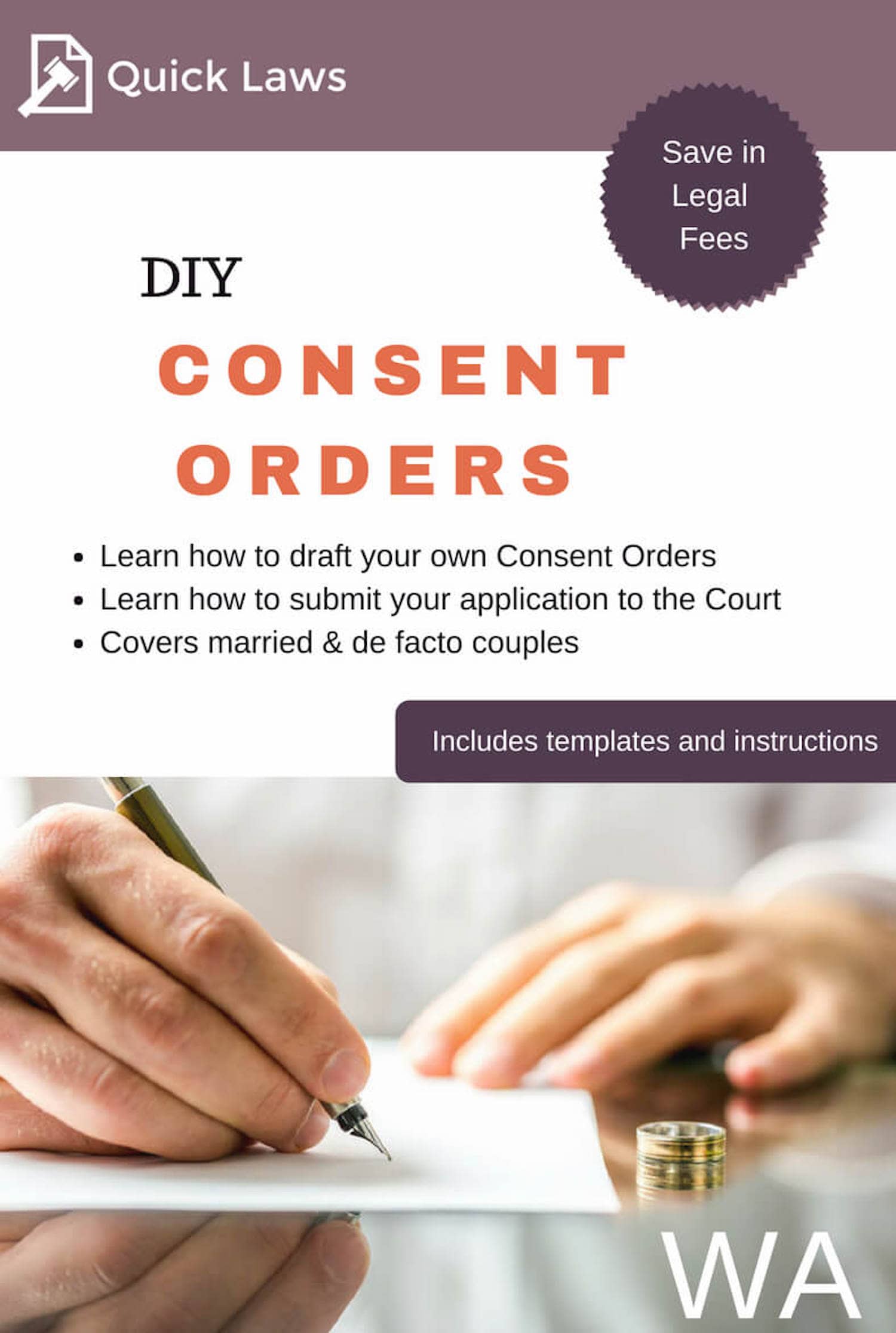You may have come across the term ‘testamentary capacity’ and wondered what it means. Testamentary capacity refers to the ability of an adult to make a valid Will. The term relates to legal capacity, which generally means that you:
Are over the age of 18 years
Know and understand what you are doing
Have mental and physical capacity.
Whether a person has 'legal capacity' is a complex legal subject, as it depends on another person's assessment of whether that person is a capable decision maker. An adult is presumed to have capacity, unless proved otherwise. Whether a person has testamentary capacity to make a Will, is a separate issue to whether a person has general legal capacity.
The test
When you make a Will, you must have testamentary capacity. When it comes to the question of a person's capacity, the courts have defined testamentary capacity as:
“sound mind, memory and understanding”
The phrase “sound mind” is a good general description. The critical elements of a “sound mind” are the ability to understand the following:
That you are making a Will and what effect it has.
The value and ownership of your assets and liabilities and if those assets are owned jointly with another person.
The full details of the Beneficiaries in your Will. This may also include persons that you wish to exclude from your Will that are entitled under the law to make a claim on your estate. For example, a spouse, de facto partner or children.
The gifts and distributions of your assets that you wish to make to your beneficiaries.
The final element is that you are able to communicate your wishes relating to the above to other persons.
In other words, there should be no 'disorder of the mind' or insane delusions in influencing the person's wishes for the disposing their estate. It should also be noted that a person who generally lacks testamentary capacity may, during lucid intervals, have the capacity to make a Will.
If you or anyone else has doubt about your testamentary capacity, you may need to obtain a medical assessment from your Doctor or treating medical specialist stating that you are able to make decisions about your estate and that you understood the effect of those decisions. This may provide some protection from any future legal challenges to the validity of your Will.
Everyone that is over the age of 18 years and has testamentary capacity, should have a valid Will. Otherwise, after you die, your wishes may not be carried out and any assets may be distributed to family members that you did not want to receive a benefit from your estate.
This article contains information of a general nature only and is not specific to your circumstances. This is not legal advice and should not be relied upon without independent legal or financial advice, specific to your circumstances.

















